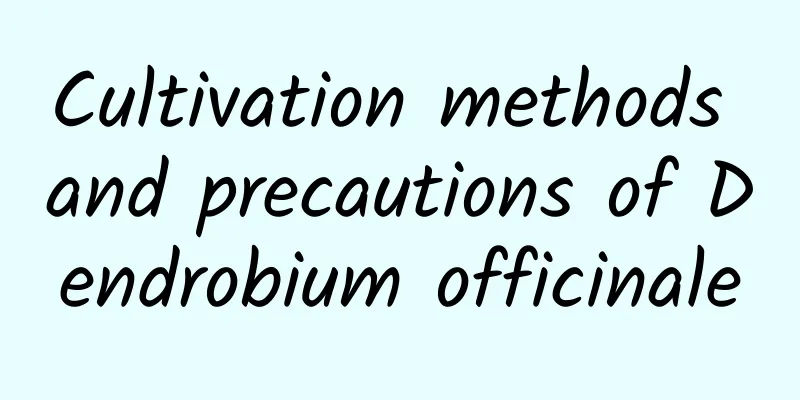The difference between decomposed and undecomposed fertilizers

FermentationMature fertilizers are composted and fermented before use. Microorganisms decompose organic animal and plant residues and feces into ingredients that can be absorbed by plants. Uncomposted fertilizers are not fermented before use. If they are applied directly, the fermentation will be completed in the soil. oxygenMature fertilizer requires a lot of oxygen during fermentation, and will produce a lot of heat and toxic gases, but it will not compete with plants for oxygen when applied; while uncomposted fertilizer will complete fermentation in the soil when applied, and will compete with plants for oxygen, and the heat generated will burn the roots. ImpuritiesComposted fertilizers have fewer impurities, while uncomposted fertilizers contain a large number of pathogens and insect eggs, making plants more susceptible to damage from pests and diseases. gasEarthworms can survive in soil that has been fertilized with decomposed fertilizers, which can loosen the soil and promote the development of plant roots. However, uncomposted fertilizers contain phenol or ammonia residues, which are not suitable for earthworms to survive. UtilizationPart of the nutrients in decomposed fertilizers are converted into fast-acting nutrients that can be quickly absorbed by plants; while the nitrogen fertilizer in undecomposed fertilizers exists in the form of uric acid or urate, which not only cannot be absorbed by crops, but is also harmful to the growth and development of the crop's root system. |
<<: Fertilization principles for flowers
>>: The role of nitrogen, phosphorus and potassium fertilizers
Recommend
Clivia flowering period maintenance method
Flowering time The flowering period of Clivia is ...
Can the sedge tree be hydroponically cultivated? Hydroponics cultivation method
Can the Bamboo Tree be hydroponically cultivated?...
What is the flower language of pansy?
1. Its flower language Its flower language repres...
What to do if the white palm has rotten roots
1. Reasonable watering Reason: Whether it is too ...
How much is a honeysuckle seedling?
1. Price of honeysuckle seedlings The price of ho...
Cultivation method of red leaf cordyline
Cultivation method of red leaf cordyline temperat...
How often should I water the red flower jade?
How often should I water the red flower jade? The...
Can waste palm mats be used as flower soil?
Can waste palm mats be used as flower soil? Waste...
How long is the growing season for spring potatoes?
How long is the growing season for spring potatoe...
Potato planting and harvesting time in Shandong
Potato planting time in Shandong Potatoes in Shan...
Precautions for transplanting Schefflera chinensis: What is the best month for transplanting?
If you are transplanting from a small pot to a la...
It repels mosquitoes and tastes delicious. Plant a pot of it in the kitchen and you will make a fortune!
Perilla Perilla is a common spice that has both e...
How to prune rose branches Tips for pruning rose branches
The best time to prune roses is in autumn or wint...
What should I do if the osmanthus leaves turn yellow, dry and fall off?
Osmanthus is a traditional famous flower in China...
How to grow Golden Edge Tiger Pilan to make it grow well (Cultivation methods and precautions of Tiger Pilan)
What should I pay attention to when raising Golde...









